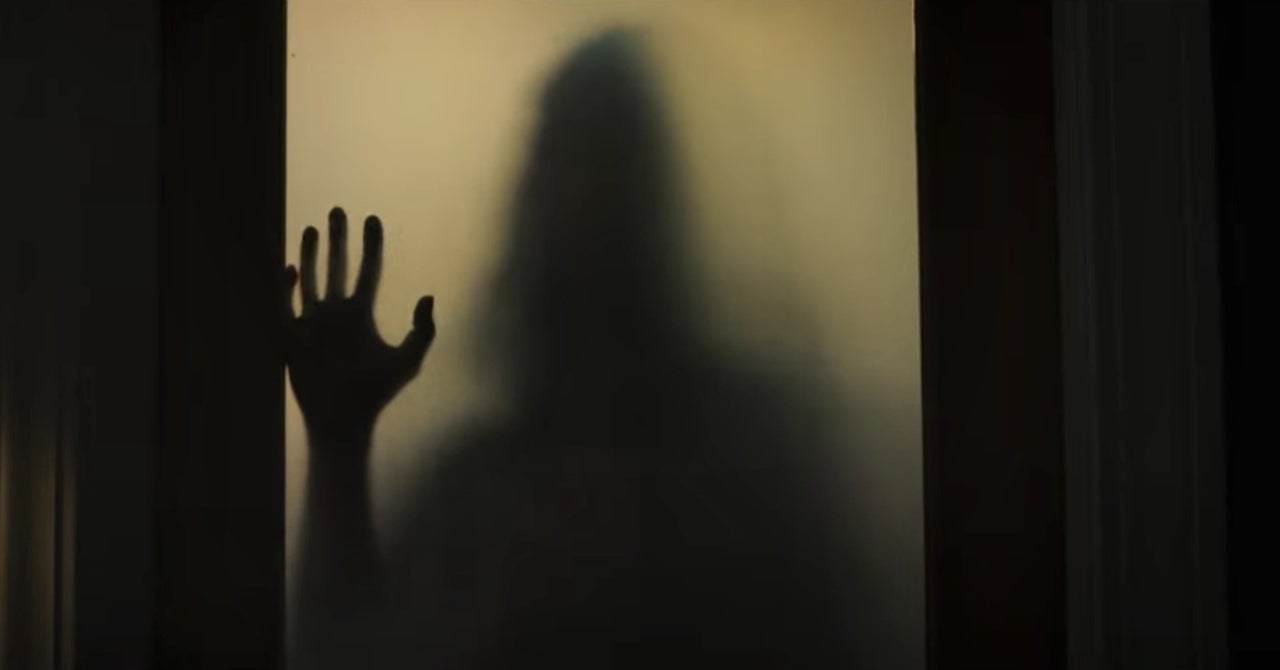Hellraiser
by Hope Madden and George Wolf
Did you know that this is the 11th film in the Hellraiser franchise? There are 10 others, most of them terrible, a couple unwatchable. Why? How could it be so hard to create fresh horror from Clive Barker’s kinky treasure trove?
It appears David Bruckner (The Ritual, The Night House) wonders the same thing. He and screenwriters Ben Collins, Luke Piotrowski and David S. Goyer had no trouble peeling the flesh from this franchise and exposing something raw and pulsing.
Oh yes, and gay, but if you didn’t pick up on any of the gay themes in out-and-proud Barker’s series before they cast a trans woman to play The Priest aka “Pinhead,” you missed a lot.
Jamie Clayton, with a massive thanks to makeup and costume, offers a glorious new image of pain. In fact, the creature design in this film surpasses anything we’ve seen in the previous ten installments, including Barker’s original. Each is a malevolent vision of elegance, gore and suffering, their attire seemingly made of their own flayed flesh.
There’s also a story, and a decent one at that. Bruckner’s core themes replace the S&M leanings with trauma and addiction, following a young addict named Riley (Odessa A’zion) as she ruins everyone and everything she touches.
Riley’s boyfriend Trevor (Drew Starkey) has some inside info on where rich people stash their valuables, but when the two break open a safe… there’s only that strange puzzle box inside.
And what a magnificent puzzler it is.
Like everything about the film’s visual design, there’s new richness and lethal detail to the box. It hides complicated new configurations, and Bruckner – whose horror cred is now firmly established – reveals them in intriguing tandem with the slippery rewards offered by the Cenobites.
Fans of the original classic may have been understandably wary of a rebranding, but this new vision overcomes a slightly bloated buildup for a more than satisfying crescendo. The kinks may be gone, but the chains are still chilling, in a darkly beautiful world full of sensual, bloody delights to show you.



